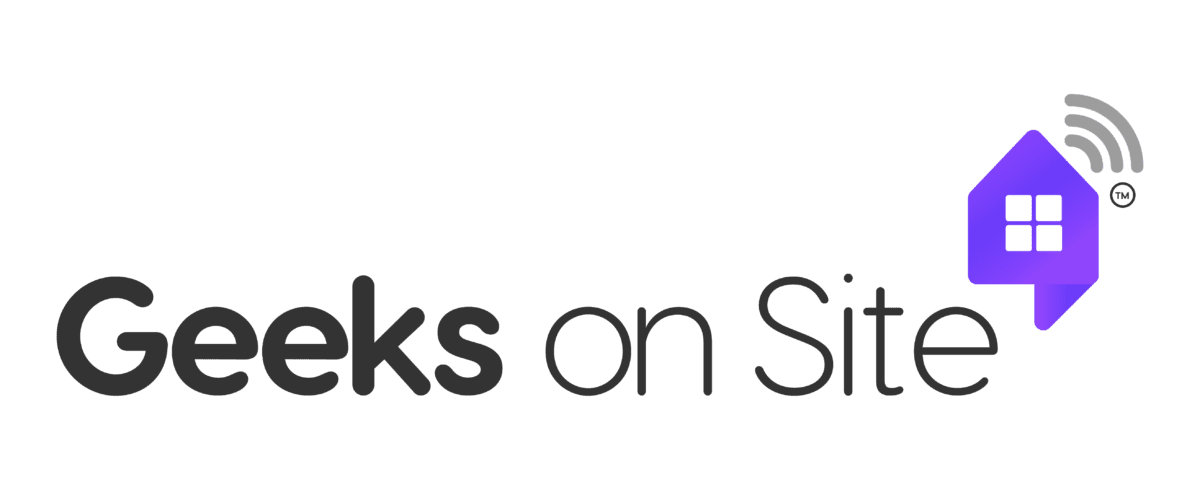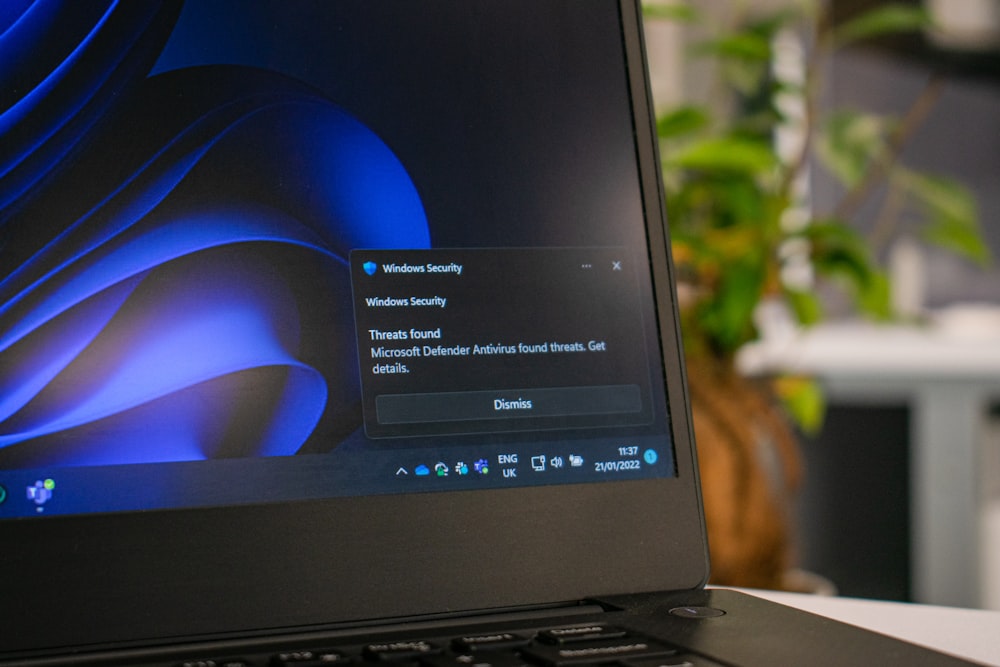In the digital age, antivirus software is a crucial defense against the myriad of cyber threats that users face daily. However, there’s a common concern among PC users about the impact of these security solutions on system performance. McAfee Antivirus, one of the leading security products, often comes under scrutiny for its effect on computer speed. This article delves into mcafee slowing down computer and how to ensure optimal performance while staying protected.
Why Consider McAfee Antivirus for Your Computer?
McAfee Antivirus is synonymous with security, providing comprehensive protection against a spectrum of cyber threats. From basic virus detection to advanced malware protection, McAfee has evolved to offer a range of features designed to safeguard personal and professional data. But it’s not just about defense; McAfee also emphasizes user experience with a suite of tools aimed at maintaining system health and privacy.
The Impact of McAfee on System Performance
Any antivirus software, including McAfee, will use some level of system resources to perform its duties. The key is in how efficiently these resources are managed. McAfee has been accused of consuming more than its fair share of system memory and processing power, potentially leading to mcafee slowing down computer. However, it’s important to consider the balance between protection and performance.
Installing McAfee Antivirus: A Speed Bump or Smooth Sailing?
The installation process of McAfee Antivirus is designed to be user-friendly and quick. However, during installation, the software may temporarily use increased system resources to set up its protection features. This might cause a noticeable, albeit temporary, decrease in system speed resulting in mcafee slowing down computer. Once installed, McAfee works in the background, with the potential for performance impact varying based on system specs and settings.
McAfee and System Resources: How Much Is Too Much?
McAfee’s use of system resources can be a concern for users with older or less powerful PCs. The software runs processes in the background that scan for threats, update virus definitions, and maintain system security, which can take up a significant portion of CPU and RAM capacity. Understanding and managing these resource allocations is crucial for users who need to maintain a fast-performing PC.
Full Scans and CPU Usage: Finding the Balance with McAfee
Full system scans are notorious for their high CPU usage, and McAfee is no exception. However, McAfee allows users to schedule scans for off-peak hours to minimize disruption. Additionally, the software’s scanning engine has been optimized over the years to reduce the impact on system performance during full scans.
Real-Time Scanning: Does McAfee Slow Down Real-Time Operations?
McAfee’s real-time scanning feature continuously monitors the system for potential threats, which can slow down operations if the software checks every file in real-time. However, McAfee has mechanisms to prioritize system processes and reduce the overhead during high-demand periods, ensuring that real-time protection doesn’t become a bottleneck.
McAfee’s Features: Necessary Precautions or Resource Hogs?
McAfee offers a suite of features beyond basic virus scanning, including firewalls, email protection, and web security. While these features provide a layered security approach, they also consume resources. Users need to evaluate which features are essential and may consider disabling certain functions if they’re not needed, to free up resources.
Comparing McAfee with Other Antivirus Software
When compared to other antivirus programs, McAfee’s performance impact is competitive. While some users may find McAfee to be heavier on resources, others may not notice a significant difference. Factors such as the specific version of McAfee, the type of system it’s installed on, and the presence of other software all play a role in this perception.
Optimizing Your McAfee Antivirus Settings for Speed
Users can take steps to optimize McAfee’s settings for better performance. This includes customizing the scan schedule, adjusting real-time scanning options, and excluding certain files or folders from being scanned. These tweaks can help reduce the software’s footprint on system resources.
Troubleshooting McAfee-Related Slowdowns
If you’re experiencing slowdowns that you believe are related to McAfee, there are several steps you can take. Checking for software updates, analyzing startup programs, and using built-in McAfee tools to diagnose issues can all help restore your PC’s performance.
When to Consider Upgrading Your Hardware for Better McAfee Performance
In some cases, the best solution to a slow PC with McAfee installed is to upgrade the hardware. Adding more RAM, switching to a solid-state drive, or even upgrading the CPU can provide the additional power needed to run McAfee without a hitch. To upgrade, click here.
Keeping Your PC Fast and Secure with McAfee Installed
To keep your PC running quickly with McAfee installed, consider the following best practices:
- Regularly update McAfee to benefit from performance optimizations.
- Schedule full scans during times when you’re not using your computer.
- Customize McAfee’s settings to suit your usage patterns.
- Keep an eye on your PC’s hardware capabilities and upgrade if necessary.
- Use tools like MSConfig to manage startup programs and reduce boot time.
By following these tips, you can enjoy the full protection of McAfee without sacrificing the performance of your computer. For our services, contact us now!

